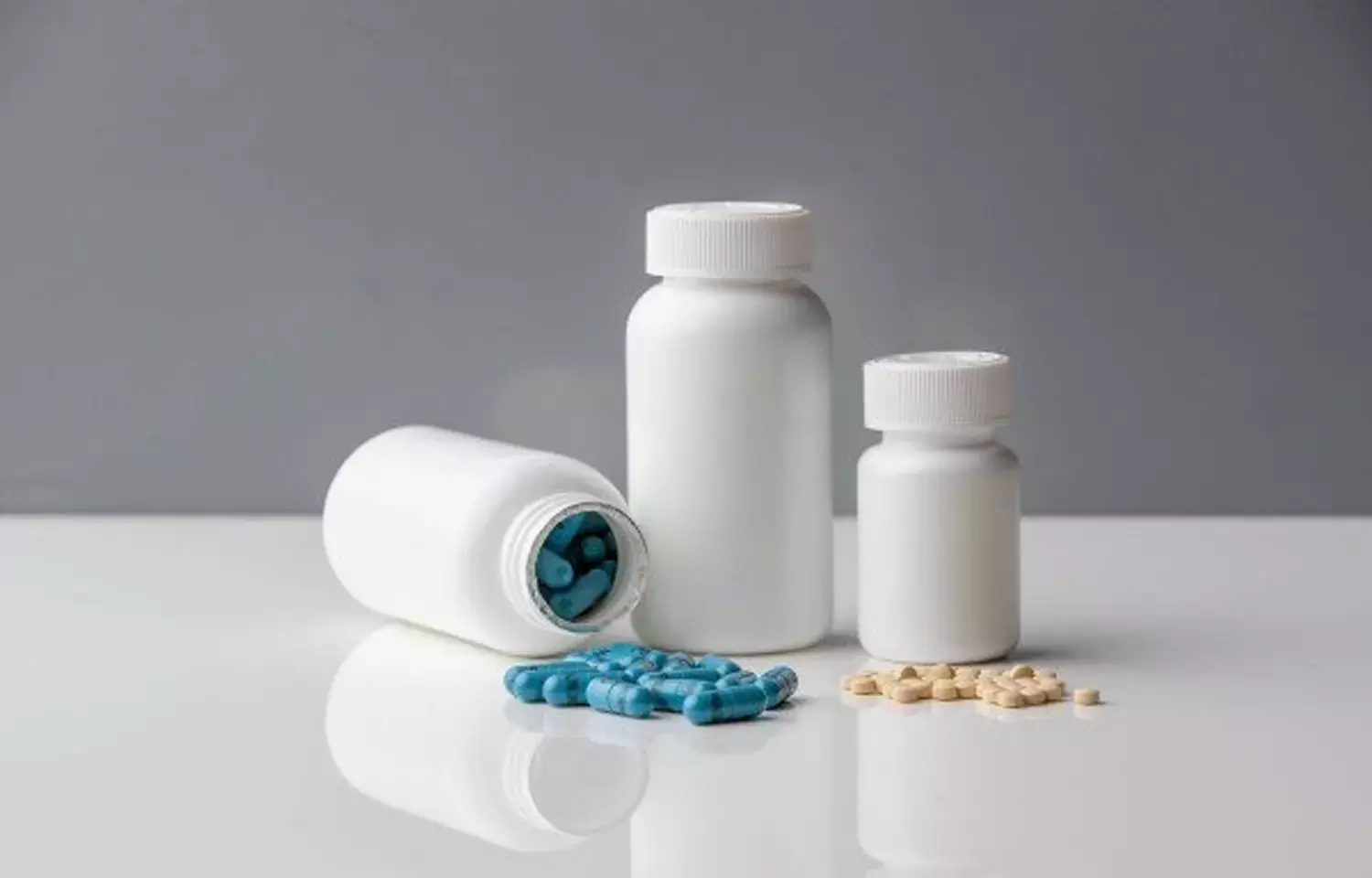- Home
- Medical news & Guidelines
- Anesthesiology
- Cardiology and CTVS
- Critical Care
- Dentistry
- Dermatology
- Diabetes and Endocrinology
- ENT
- Gastroenterology
- Medicine
- Nephrology
- Neurology
- Obstretics-Gynaecology
- Oncology
- Ophthalmology
- Orthopaedics
- Pediatrics-Neonatology
- Psychiatry
- Pulmonology
- Radiology
- Surgery
- Urology
- Laboratory Medicine
- Diet
- Nursing
- Paramedical
- Physiotherapy
- Health news
- Fact Check
- Bone Health Fact Check
- Brain Health Fact Check
- Cancer Related Fact Check
- Child Care Fact Check
- Dental and oral health fact check
- Diabetes and metabolic health fact check
- Diet and Nutrition Fact Check
- Eye and ENT Care Fact Check
- Fitness fact check
- Gut health fact check
- Heart health fact check
- Kidney health fact check
- Medical education fact check
- Men's health fact check
- Respiratory fact check
- Skin and hair care fact check
- Vaccine and Immunization fact check
- Women's health fact check
- AYUSH
- State News
- Andaman and Nicobar Islands
- Andhra Pradesh
- Arunachal Pradesh
- Assam
- Bihar
- Chandigarh
- Chattisgarh
- Dadra and Nagar Haveli
- Daman and Diu
- Delhi
- Goa
- Gujarat
- Haryana
- Himachal Pradesh
- Jammu & Kashmir
- Jharkhand
- Karnataka
- Kerala
- Ladakh
- Lakshadweep
- Madhya Pradesh
- Maharashtra
- Manipur
- Meghalaya
- Mizoram
- Nagaland
- Odisha
- Puducherry
- Punjab
- Rajasthan
- Sikkim
- Tamil Nadu
- Telangana
- Tripura
- Uttar Pradesh
- Uttrakhand
- West Bengal
- Medical Education
- Industry
Cilostazol and nimodipine prevent morbidity and mortality in aneurysmal subarachnoid hemorrhage: Study

Iran: Cilostazol and Nimodipine are probably the most effective medications for avoiding morbidity and death in individuals suffering from aneurysmal subarachnoid hemorrhage, says an article published in Stroke Journal.
Aneurysmal subarachnoid hemorrhage (aSAH) has a significant mortality and morbidity rate. As a result, Mojtaba Dayyani and colleagues conducted a network meta-analysis of randomized trials to identify the relative advantages of pharmacological preventative therapies in patients with aneurysmal subarachnoid hemorrhage.
This study was searched in Medline, Embase, Web of Science, ProQuest, Scopus, and Cochrane Central up to February 2020. Pairs of reviewers selected relevant studies, extracted data, and assessed the likelihood of bias separately. In adult hospitalized patients with proven aneurysmal subarachnoid hemorrhage, eligible studies assessed the preventive effects of any oral or intravenous drugs or intracranial drug-eluting implants versus one another, placebo, or standard of care. To assess the certainty of the evidence, the GRADE (Grading of Recommendations Assessment, Development, and Evaluation) technique was utilized.
The key findings of this study were as follows:
1. There were 53 studies with a total of 10 415 people enrolled.
2. When compared to a placebo, nimodipine is expected to lower all-cause mortality.
3. At the longest follow-up, nimodipine and cilostazol were the most effective therapies for improving impairment.
4. Clazosentan, fasudil, nicardipine, and magnesium were shown to be the most effective in lowering the chance of delayed cerebral ischemia when compared to placebo.
the Authors found that Clazosentan, nicardipine, fasudil, and magnesium showed beneficial effects on delayed cerebral ischemia and vasospasm. Future trials are needed to elaborately investigate the prophylactic effects of medications such as cilostazol and clazosentan, that can improve mortality and long-term functional outcomes.
Reference:
Dayyani, M., Sadeghirad, B., Grotta, J. C., Zabihyan, S., Ahmadvand, S., Wang, Y., Guyatt, G. H., & Amin-Hanjani, S. (2022). Prophylactic Therapies for Morbidity and Mortality After Aneurysmal Subarachnoid Hemorrhage: A Systematic Review and Network Meta-Analysis of Randomized Trials. In Stroke. Ovid Technologies (Wolters Kluwer Health). https://doi.org/10.1161/strokeaha.121.035699
Medical Dialogues consists of a team of passionate medical/scientific writers, led by doctors and healthcare researchers. Our team efforts to bring you updated and timely news about the important happenings of the medical and healthcare sector. Our editorial team can be reached at editorial@medicaldialogues.in.
Dr Kamal Kant Kohli-MBBS, DTCD- a chest specialist with more than 30 years of practice and a flair for writing clinical articles, Dr Kamal Kant Kohli joined Medical Dialogues as a Chief Editor of Medical News. Besides writing articles, as an editor, he proofreads and verifies all the medical content published on Medical Dialogues including those coming from journals, studies,medical conferences,guidelines etc. Email: drkohli@medicaldialogues.in. Contact no. 011-43720751


